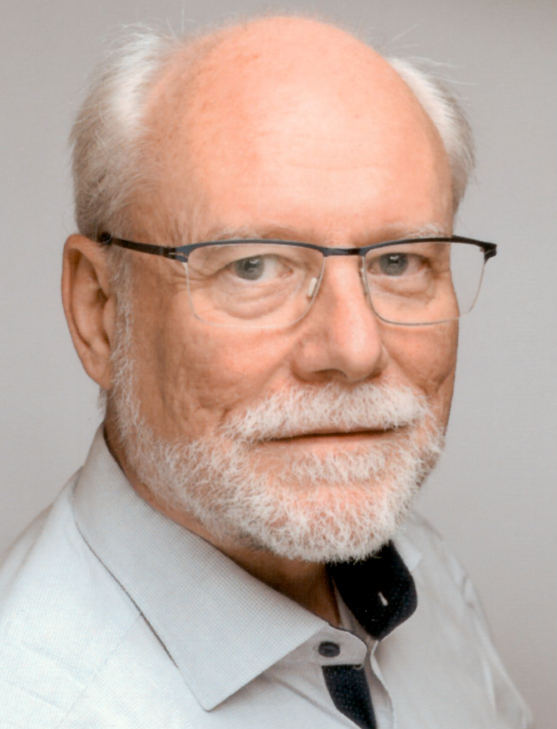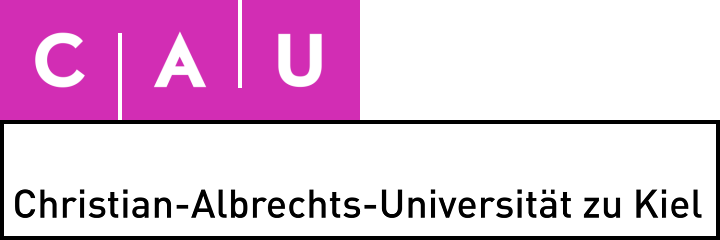New Developments in highly-sensitive Magnetic Sensors and their Applications in Biomagnetism
Details
| Presenter: | Dipl.Ing. Hartmut Matz |
| Title: | New Developments in highly-sensitive Magnetic Sensors and their Applications in Biomagnetism |
| Affiliation: | Senior Scientist - Department 8.2 Biosignals - Physikalisch-Technische Bundesanstalt (PTB) Berlin |
| Date: | 22.10.2024 |
| Time: | 16:00 h |
| Place: | C 03.025 (Kolloquium), and online via Zoom |
Notice
This talk will be broadcast online via Zoom this time, in cooperation with the committee 'Magnetic Methods in Medicine' of the German Society for Biomedical Engineering. In particular, the focus will be on discussion following the initial talk to enhance exchange on a national level and to raise awareness of the topic of biomagnetism. Everybody is welcome to join.
Contents of the Talk

Miniaturization of highly sensitive atomic vapor cell-based optical pumped magnetometers (e.g., SERF-OPMs) enforced a new boom in the biomagnetic sensor application domain and magnetic sensor technology. With this development, wearable multichannel magnetometer arrays (MCMA) are feasible for Magnetoencephalography (MEG) or magnetocardiography (MCG) applications, which can change the current way of diagnostics in medicine and may follow up in Brain-Machine Interfaces (BMI). This evolution encourages advancements in other magnetic sensor technologies, enabling operation in the earth's magnetic field or supporting instruments in sensor fusion systems. Within this presentation, the main application areas of SERF-OPMs, benchmark to other highly sensitive magnetometer technologies, and technical limitations are discussed and set into a relationship.
Short CV
Hartmut Matz received his Dipl. Ing. degrees in Electrical Engineering and Information Technology from Applied Science of Engineering Bremen in 1981 and from University Bremen in 1986, respectively. After graduation, he worked at the “Institute of Electrotechnical Basics of Information Processing” at the University Karlsruhe on fast DC-SQUIDs with SQUID-based digital readout electronics and proceeds within this working area at PTB Berlin on fast DC-SQUID electronics for biomagnetic applications. He is co-inventor of Magnetorelaxometry applications for Immuno-Assays. In 2000, he started to manage the magnetic sensor lab at Philipps Semiconductors Hamburg and continued as project manager for reliable AMR-based automotive sensors until 2011 at NXP Semiconductor GmbH Germany. From 2012 until 2021, he managed the TMR-based automotive process development at NXP in collaboration with several science institutes and manufacturing sites. From 2022 to 2024, he took over several activities in high-voltage process development and System Architecture on current sensors for battery management systems (BMS), respectively.
His research interests include advanced magnetic sensor technologies, optimized and reliable magnetic sensors for automotive applications under harsh environmental conditions, and the development of specific automotive reliable CMOS technology-based fabrication processes and highly sensitive robust magnetic sensors in collaboration between industry and science institutions.




